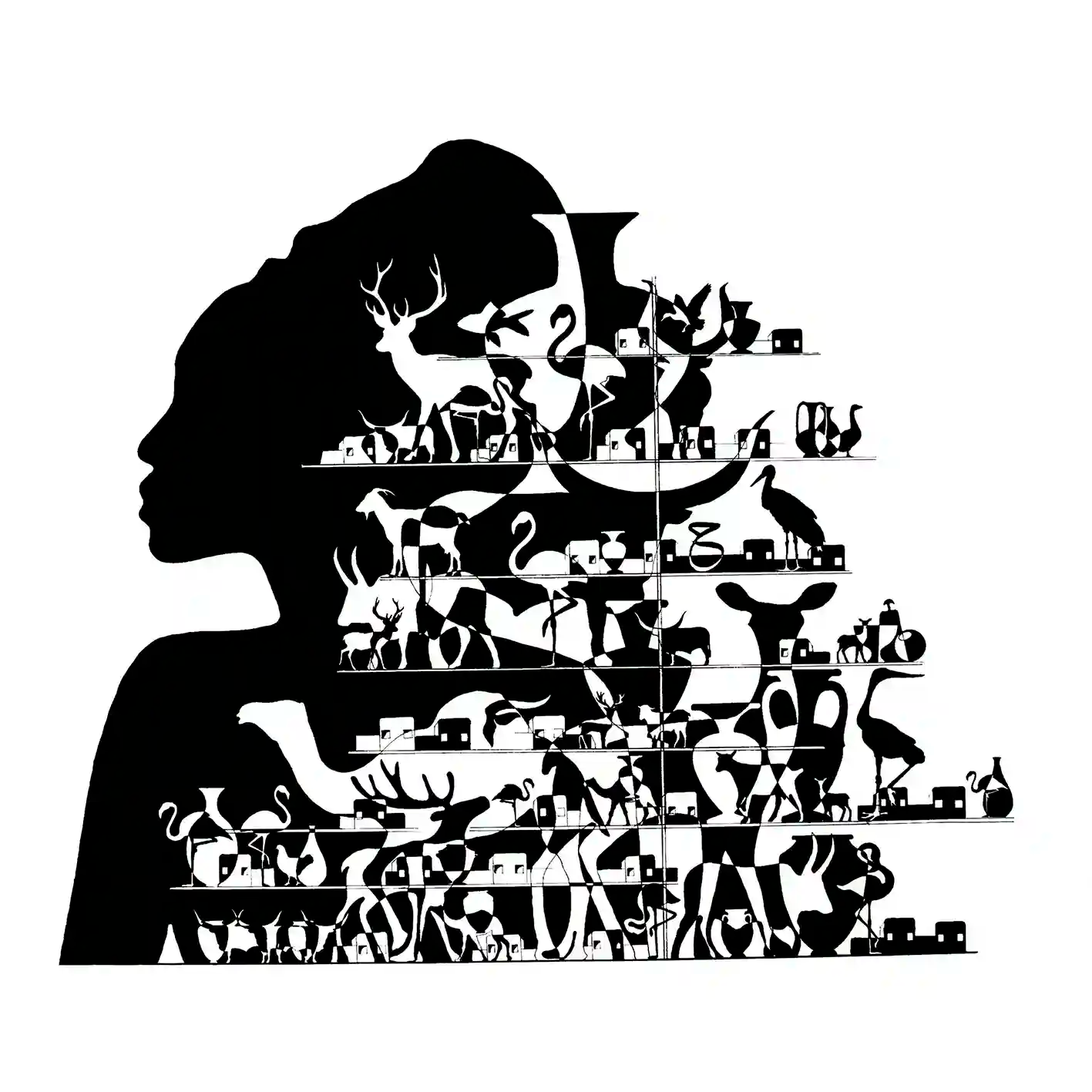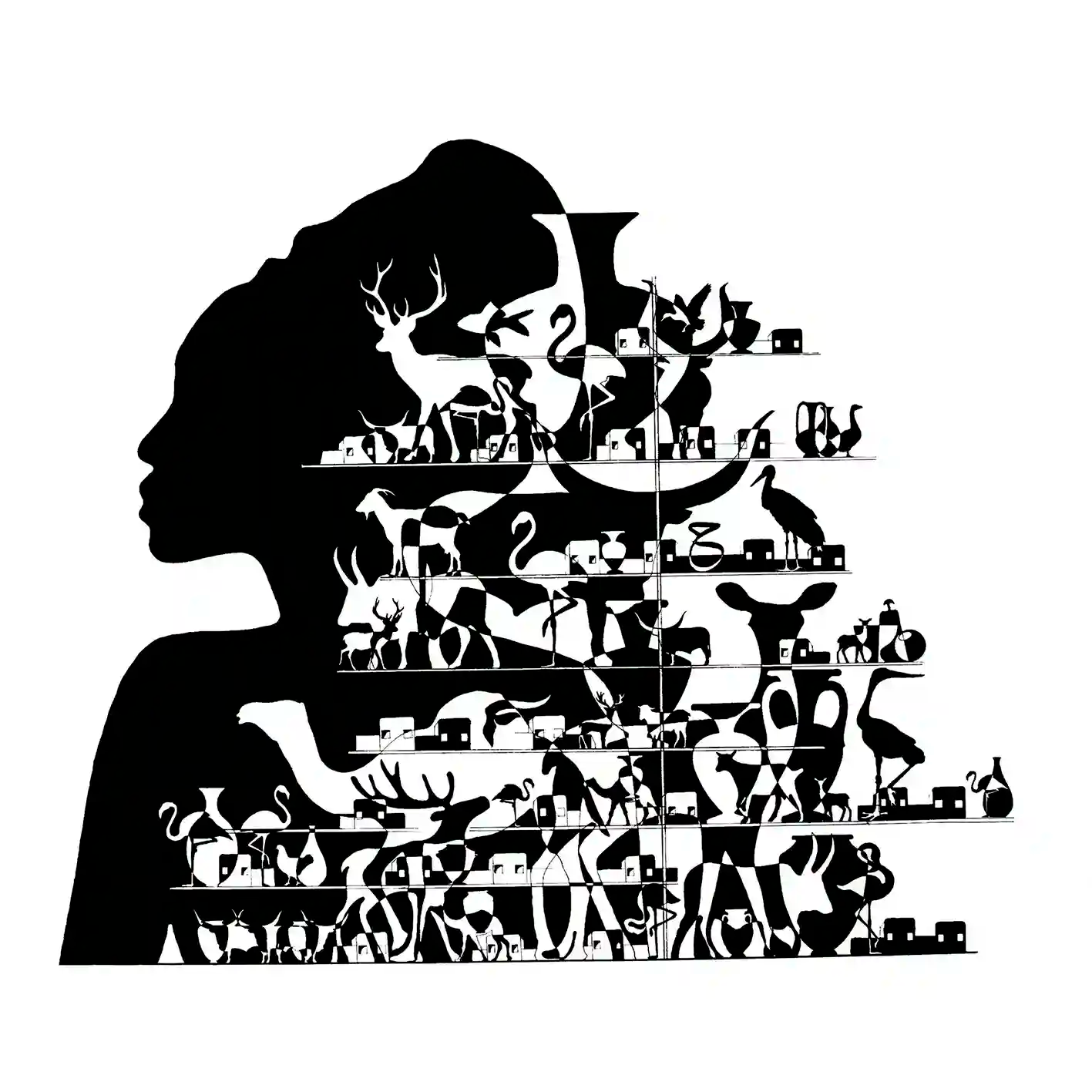Gungalito
African Queen
African Queen
Couldn't load pickup availability
High Quality Art Print By :
Yousif Ibrahim "Gungalito" -
Queen Noora of Hatoot was famed across the sun-baked plains for her gentle strength and unerring fairness. Each evening, as the setting sun painted the sky in molten gold, the people of Hatoot shuttered their doors dreaming of her benevolent smile. But Queen Noora did not retire to her palace's cool chambers—instead, she donned a simple cloak and slipped into the night, lantern in hand, to walk the winding paths between homes and huts.
Under starlight, she stopped at every doorway. In one village she found an elderly weaver shivering from sudden rain; she wrapped him in a woolen shawl and laid fresh bread by his feet. By the riverbank, she discovered a family tending to a sick child—she summoned the royal apothecary and stayed until the fever broke. In the granary district, she noticed storehouses running low and quietly directed her stewards to redistribute royal reserves so no pantry went bare.
By dawn, Queen Noora returned to her throne hall, her cloak dusted with the night's journey. When her subjects awoke, they found their doors swept clean, their hearths stocked with firewood, and a single white lily—her royal emblem—nestled on each threshold.
Tales of her midnight visits spread like wildfire. Mothers sang of her kindness, blacksmiths raised toasts in her name, and children wove flower crowns at her feet. Through these nightly rounds, Noora wove a tapestry of care and justice, ensuring that every heart in Hatoot beat with safety, gratitude, and love.
Her legend grew not from grand proclamations or mighty conquests, but from the quiet devotion of a queen who believed true leadership meant walking among her people when they needed her most. In Hatoot, the white lily became more than a royal symbol—it became a promise that no one would ever face the darkness alone.





